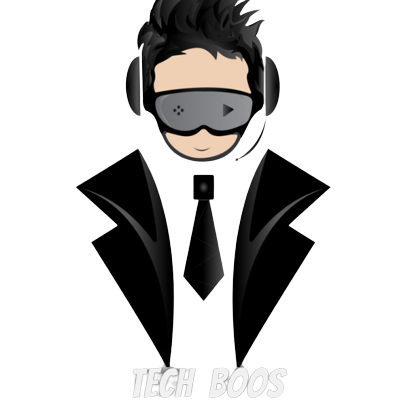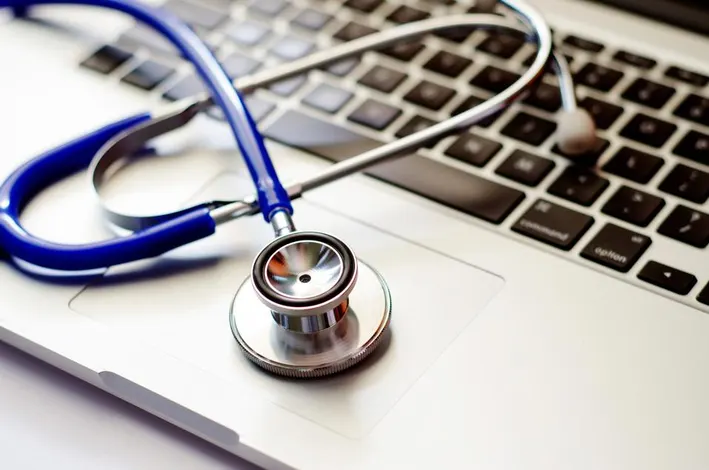While the iconic stethoscope remains a vital clinical tool, Technology in Healthcare has witnessed momentous technological shifts in recent decades. As both medicine and tech continue rapidly advancing, their intersection holds transformative potential for improving care delivery and health outcomes.
The Digital Health Revolution
The widespread adoption of electronic medical records (EMRs) marked healthcare’s entry into the digital age. Providing instant access to patient data across sites of care means EMRs enhanced coordination and reduced errors. Their coding capabilities also enabled standardized capture of diagnosis details for more accurate billing and population health management.
EMRs laid the groundwork for many other Technology in Healthcare technologies we now take for granted. Patient portals facilitate direct engagement and information sharing. Telemedicine expands access to remote consultations and monitoring. And clinical decision support tools promote evidence-based protocols to optimize quality.
Leveraging Artificial Intelligence
Expanding computing power has allowed advanced integration of artificial intelligence (AI) across Technology in Healthcare. Machine learning algorithms can now analyze massive datasets from imaging scans to genetic tests to identify patterns undetectable by the human eye. AI also shows promise for improving clinical documentation and coding.
Comparing physician notes to the ultimate diagnosis codes applied means natural language processing models can learn to extract key clinical details and suggest appropriate codes. According to the experts at Find-A-Code.com, this has the potential to boost documentation accuracy and completeness, ensuring codes reflect services appropriately.
Promoting Precision Medicine
Combining AI with expanded patient data from EMRs, wearables, and genomic testing helps to enable more personalized medicine. Doctors can better predict how individuals will respond to therapies based on integrated data analytics. AI also allows tailored digital patient engagement and virtual health coaching.
Technology is key for aggregating multi-source information to treat the whole person. As care increasingly shifts upstream to preventive and lifestyle interventions, tech can help patients modify behaviors and environmental factors influencing wellbeing.
Revolutionizing Medical Imaging
Radiology has long relied on technology to peer inside the body. But AI imaging enhancements take things several steps further by improving scan speed, resolution, and diagnostic applications.
Advanced algorithms can now reconstruct CT images up to 50% faster using less radiation. Machine learning can also sharpen MRI images to highlight pathological structures. Assistive AI can even analyze scans to quantify organ changes and suggest diagnoses for radiologist review.
Robotics and Precision Surgery
Robotic surgical systems allow doctors to perform minimally invasive procedures with enhanced vision, dexterity, and control. This reduces complications and speeds patient recovery. Smart surgical instruments with haptic feedback provide surgeons real-time tactile information when operating remotely.
Augmented reality is also being tested to overlay CT visualizations onto patients during complex tumor resections. Advanced robotics will continue moving surgery from open procedures toward precisely targeted interventions.
Connecting Patients and Providers
Virtual care platforms have helped avoid pandemic interruptions in care access and monitoring. Digital symptom checkers triage patients to appropriate levels of care based on algorithmic evaluation. Remote patient engagement tools have been shown to be effective for interventions ranging from diabetes management to addiction treatment.
Conclusion
While the stethoscope remains a symbol of healing, technology has become integral to healthcare’s future. From artificial intelligence to virtual visits, new tools show immense potential to make medicine more precise, personalized, and proactive.
But technology alone cannot preserve healthcare’s heart and soul. Doctors must stay grounded in their clinical skills and compassion even as they increasingly interact with screens. Thoughtfully integrating both high-touch patient focus and high-tech capabilities means modern providers can deliver care that is thorough yet humane. The goal should be applying technology ethically to restore time for what good physicians do best – listen, understand, and heal.

